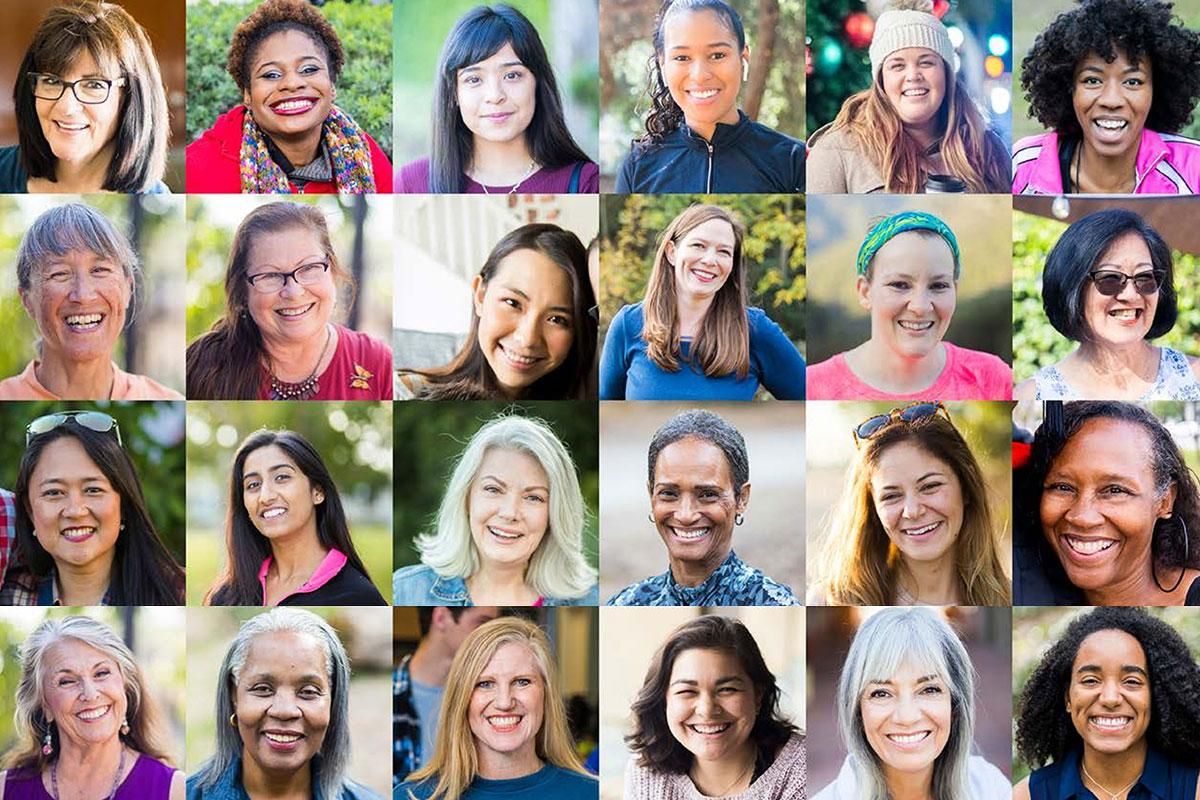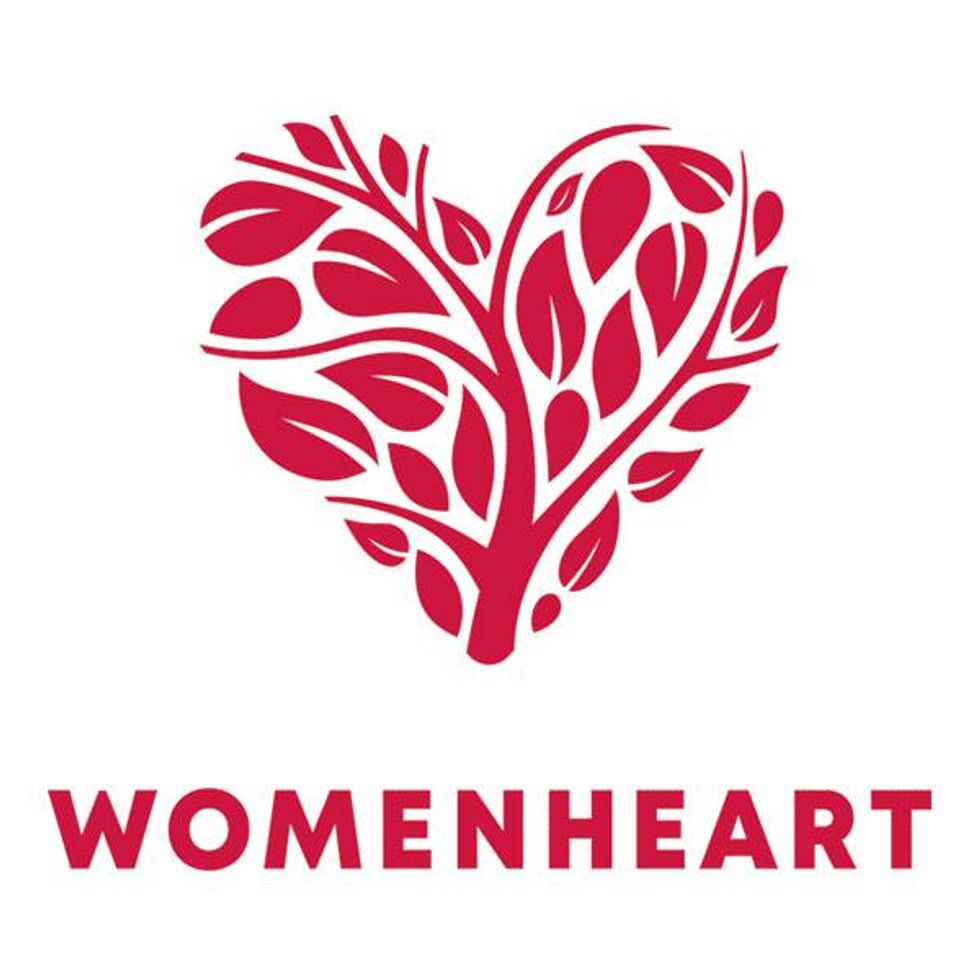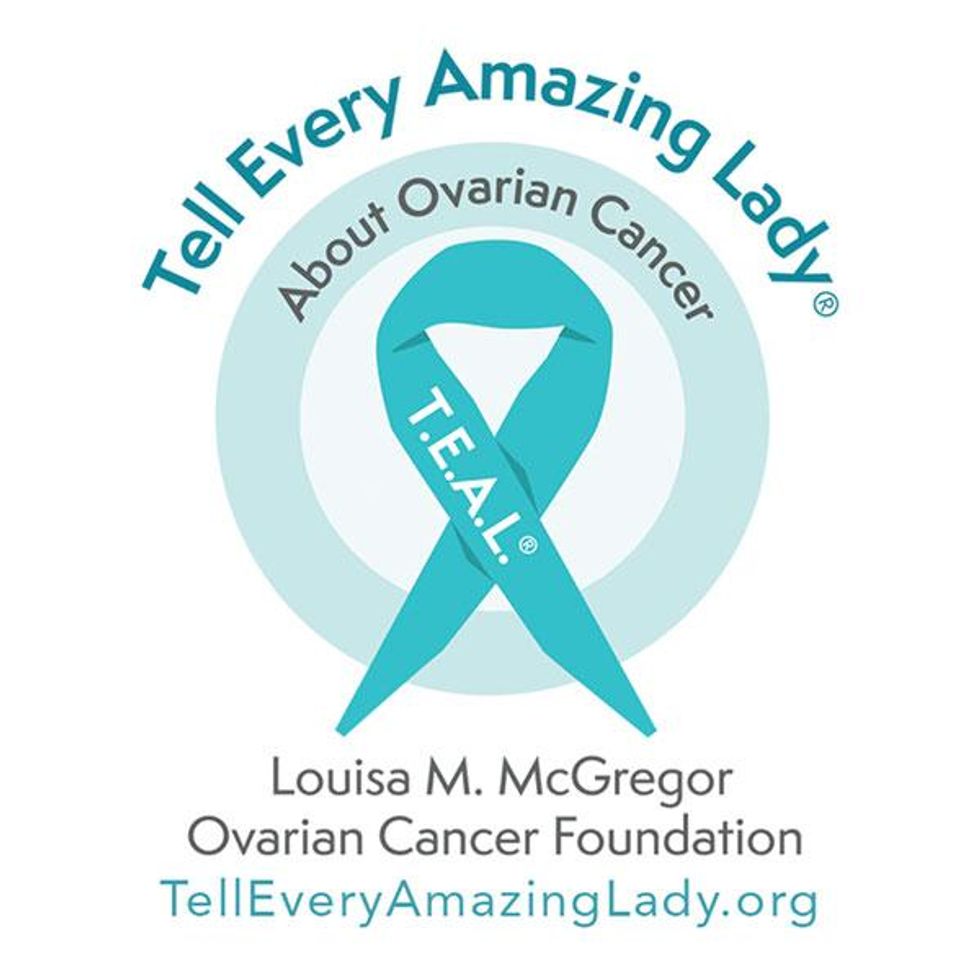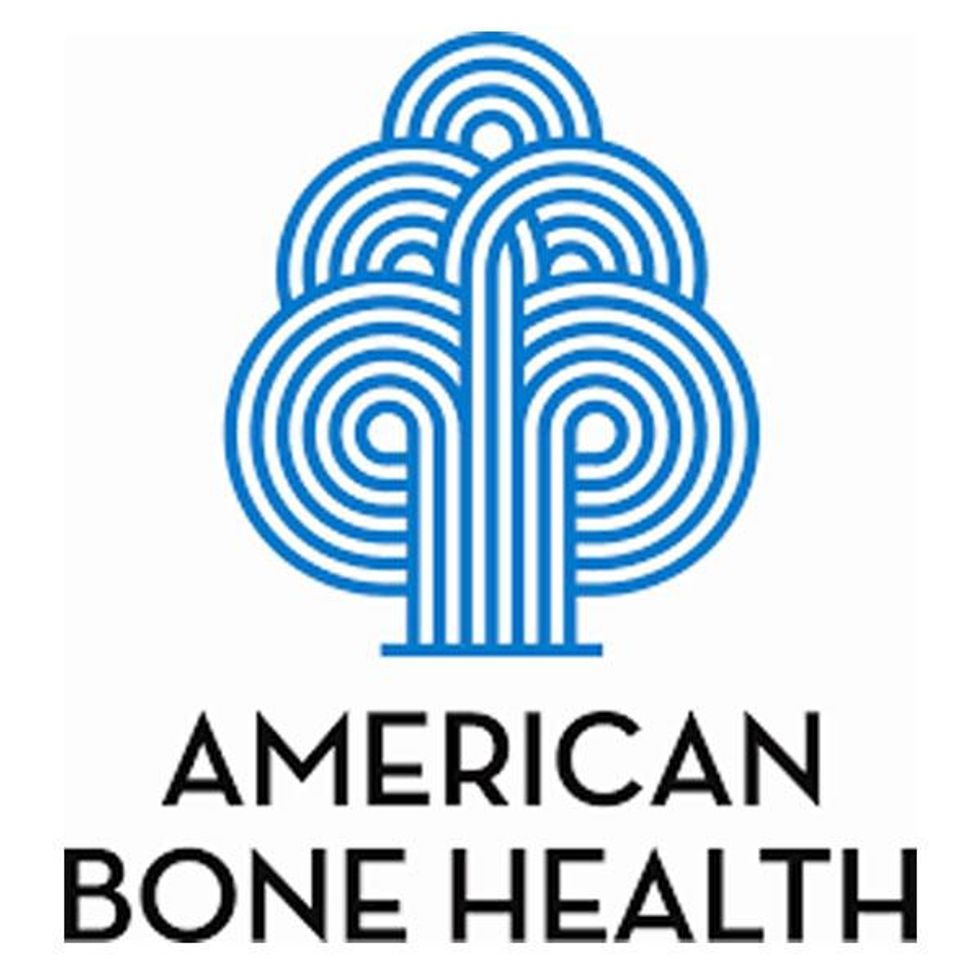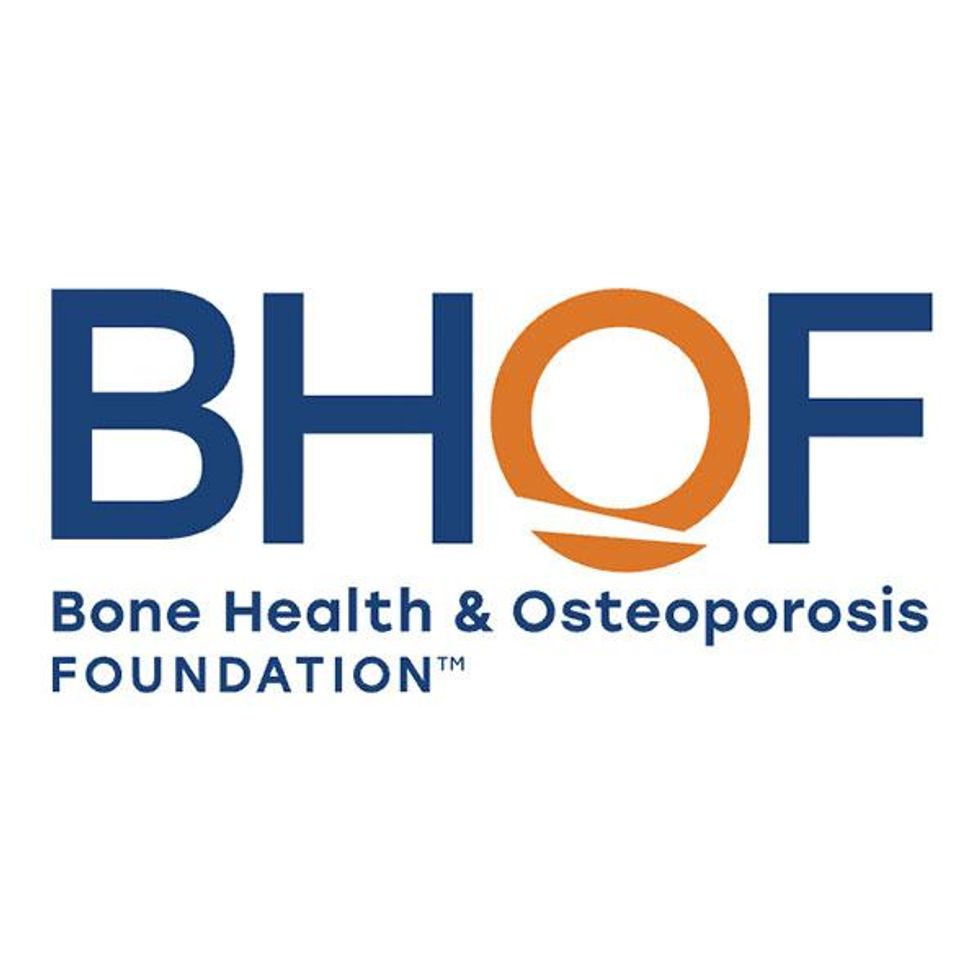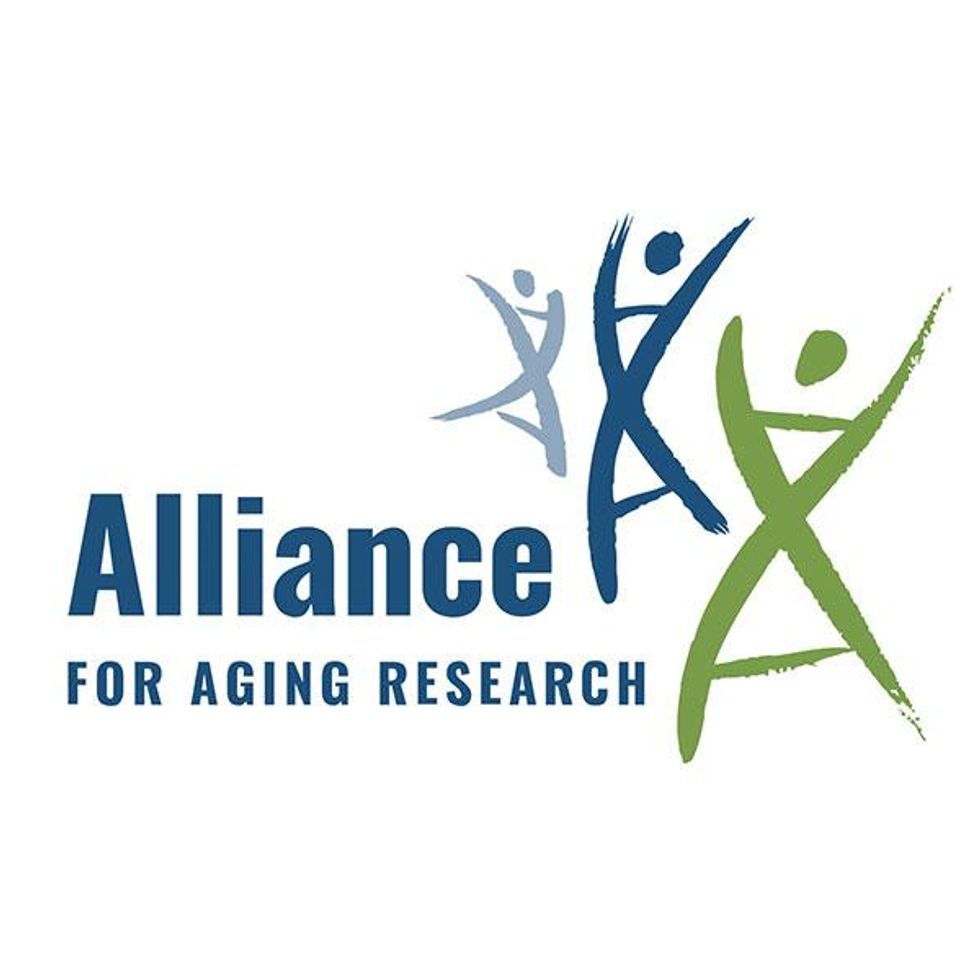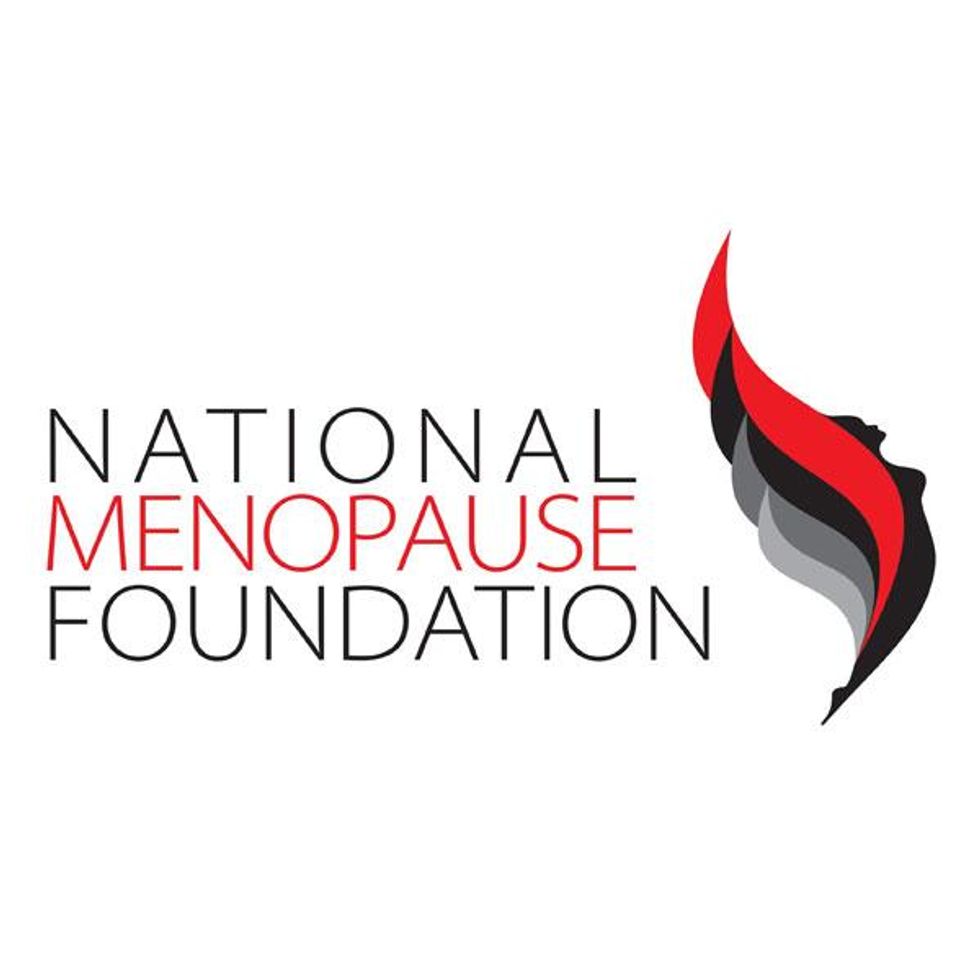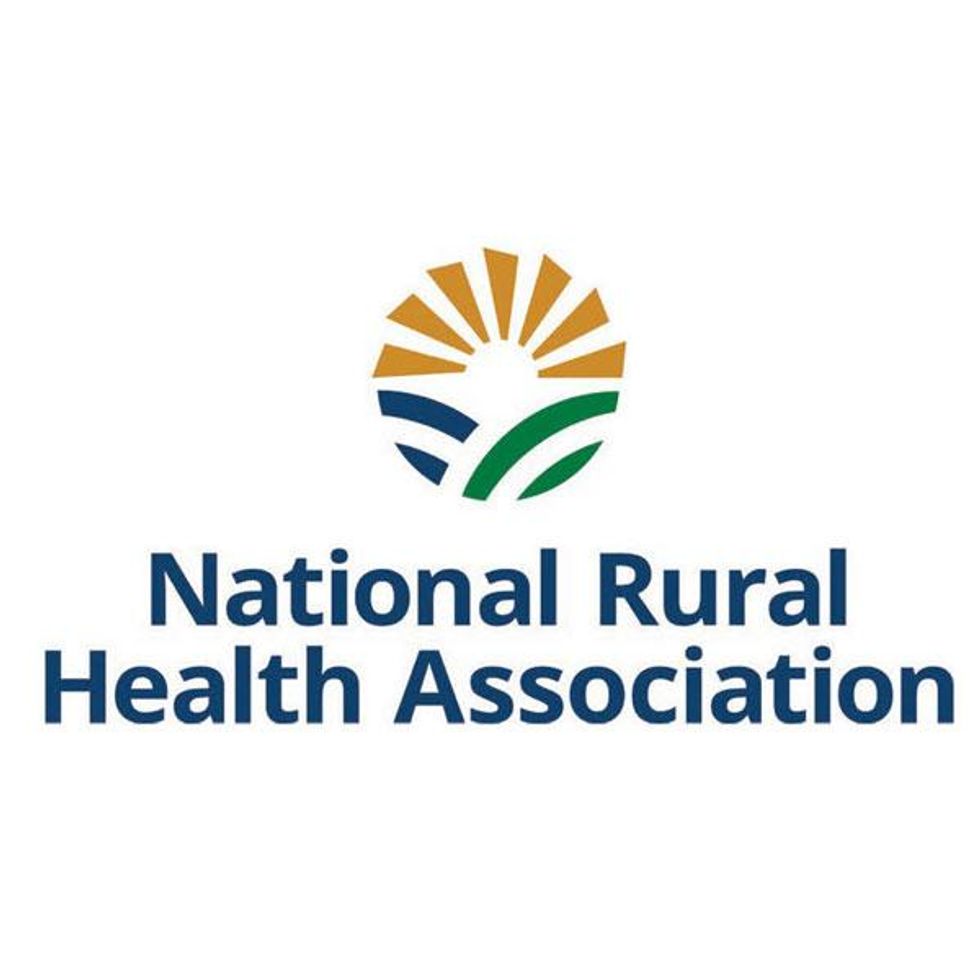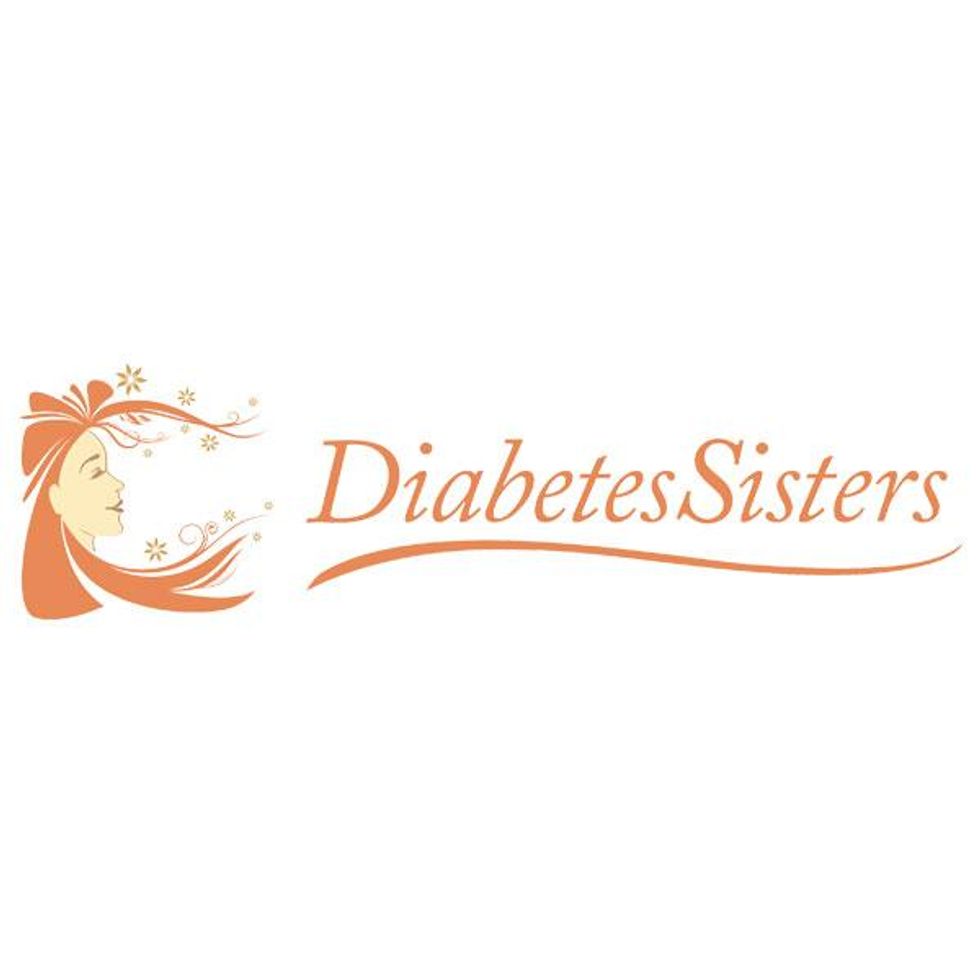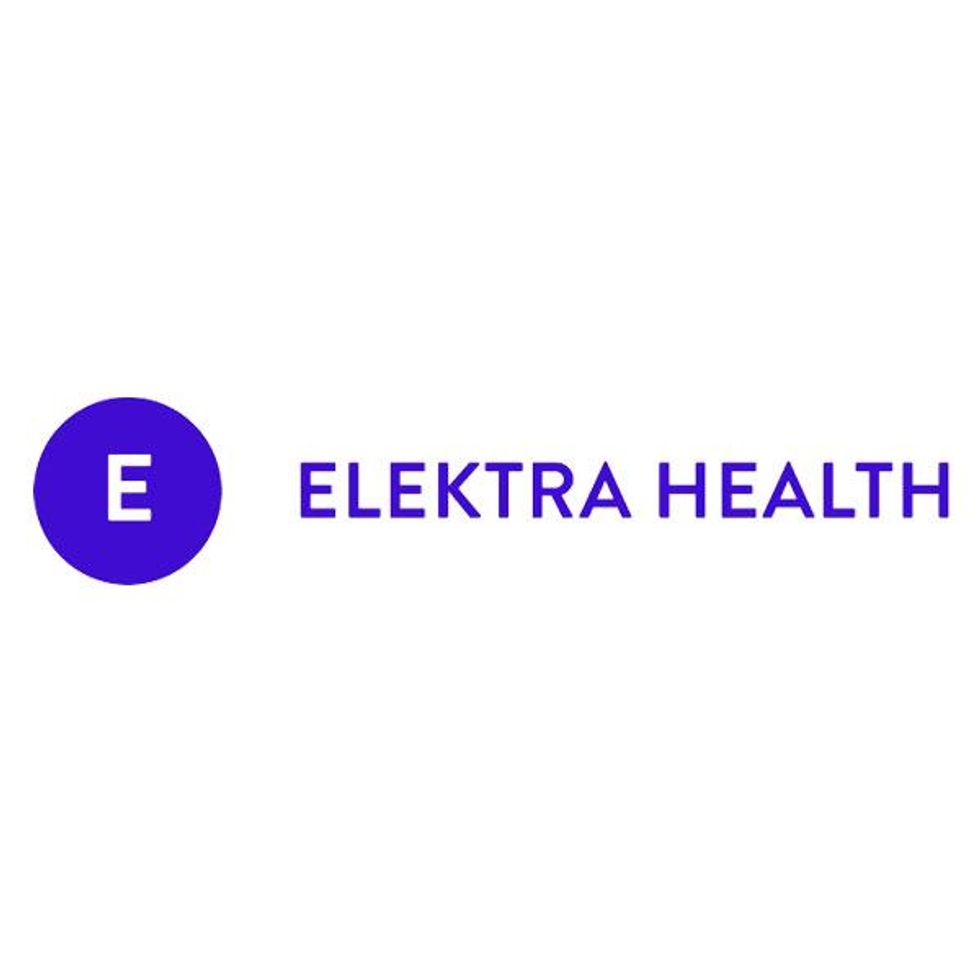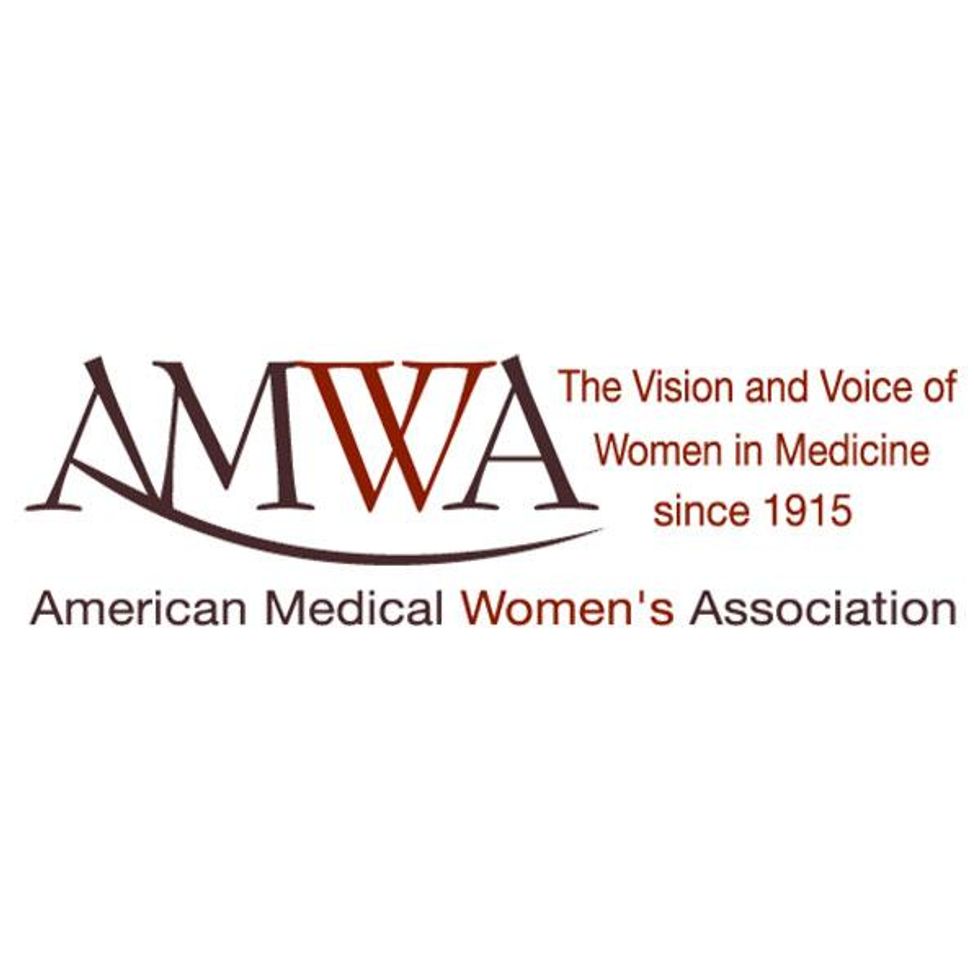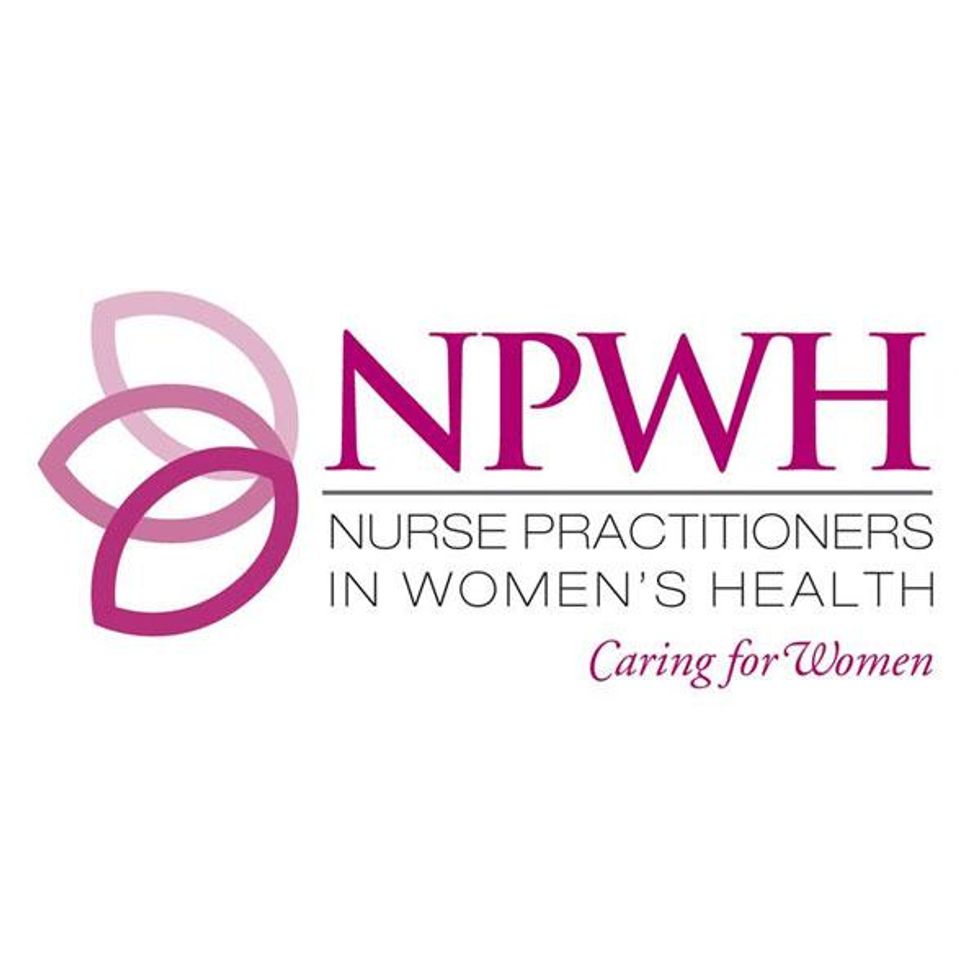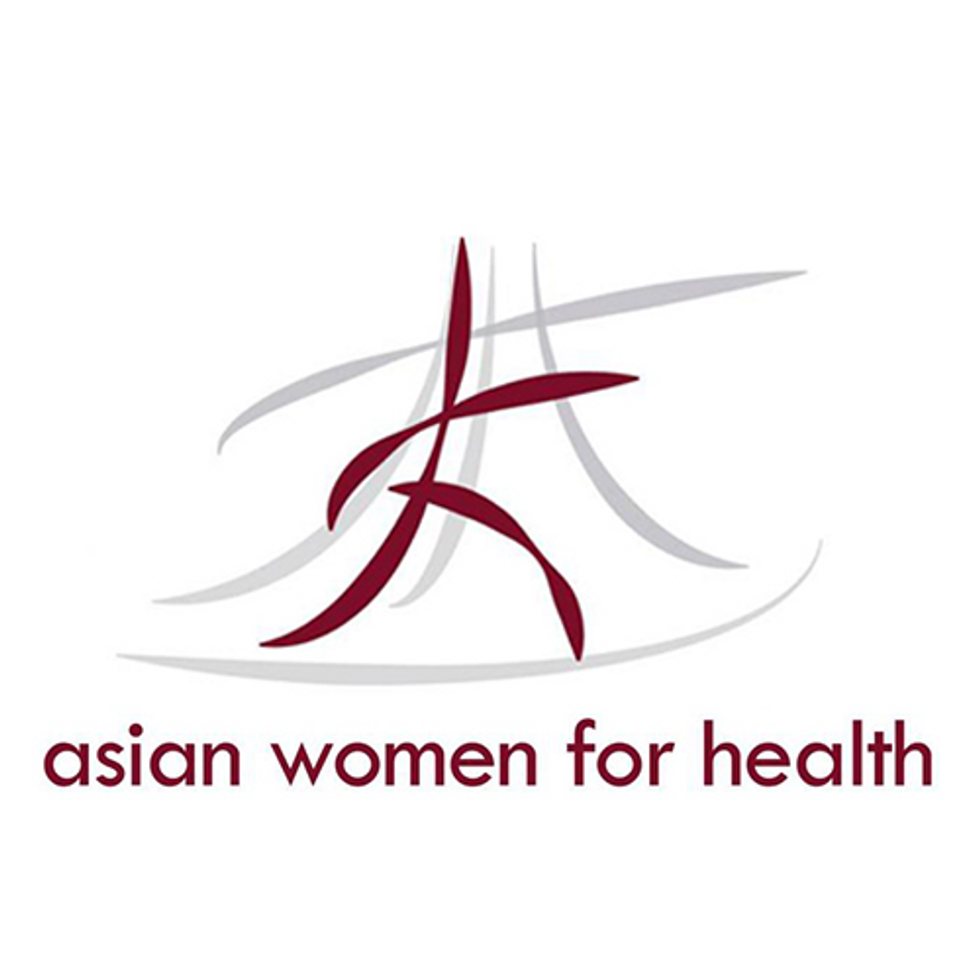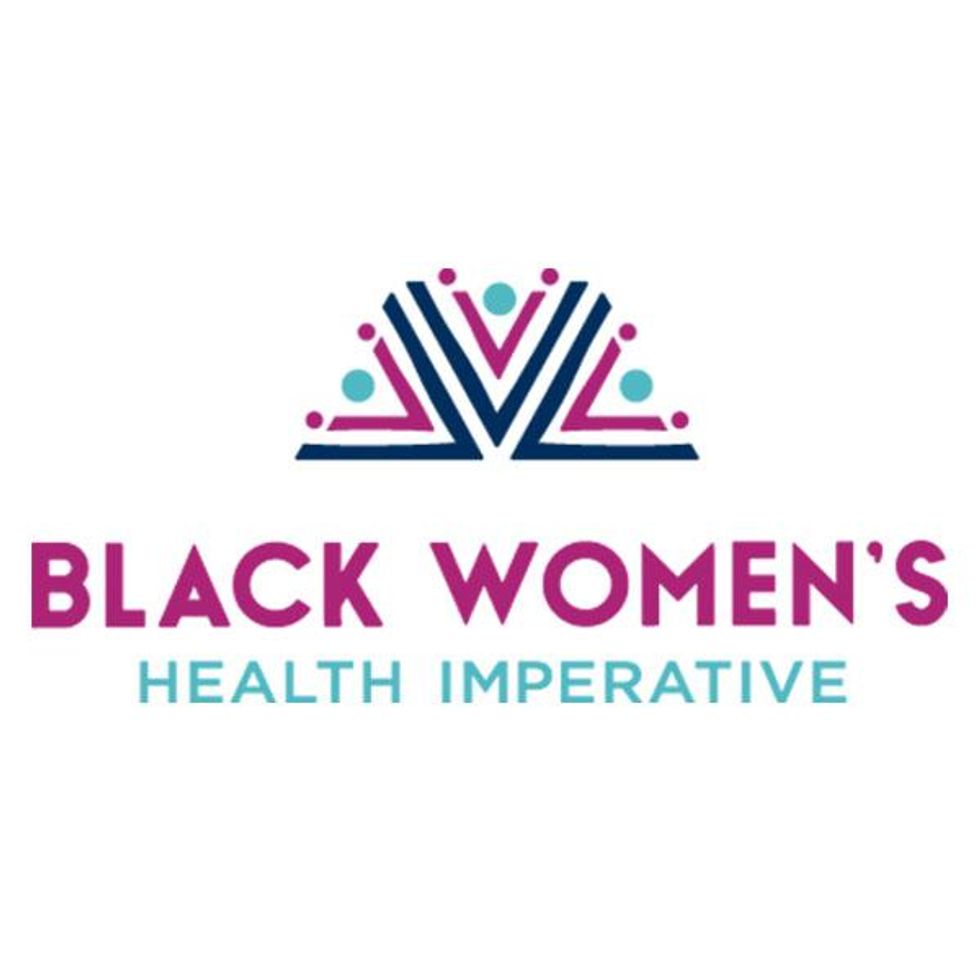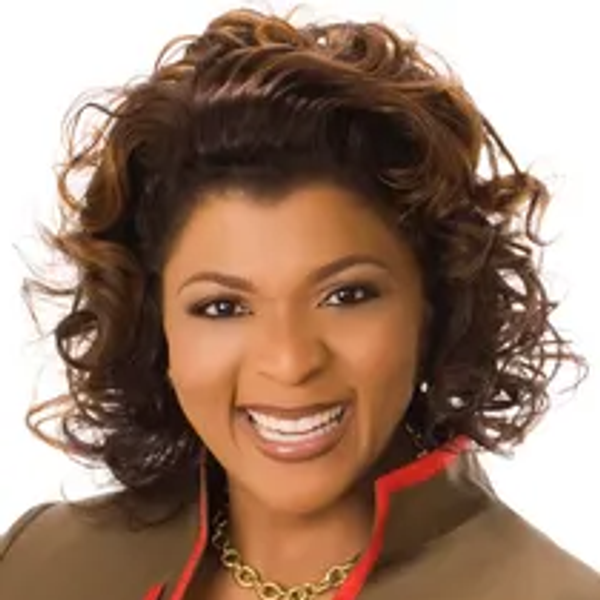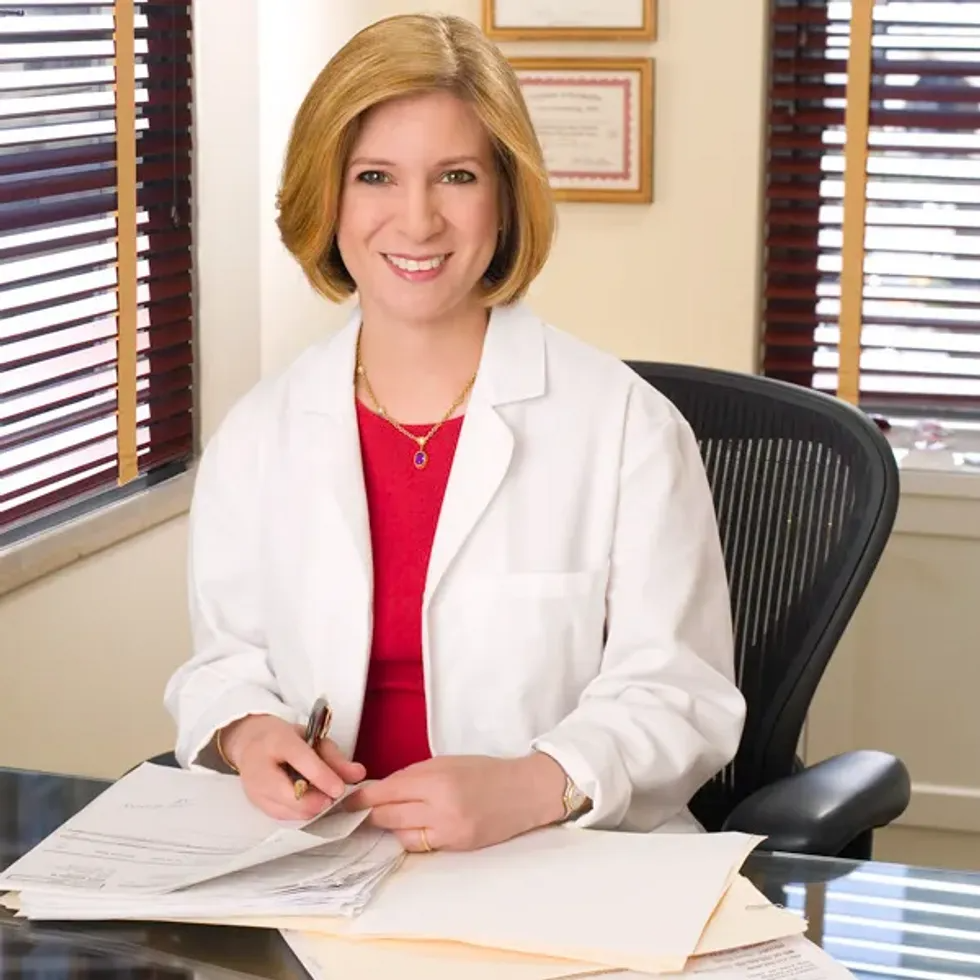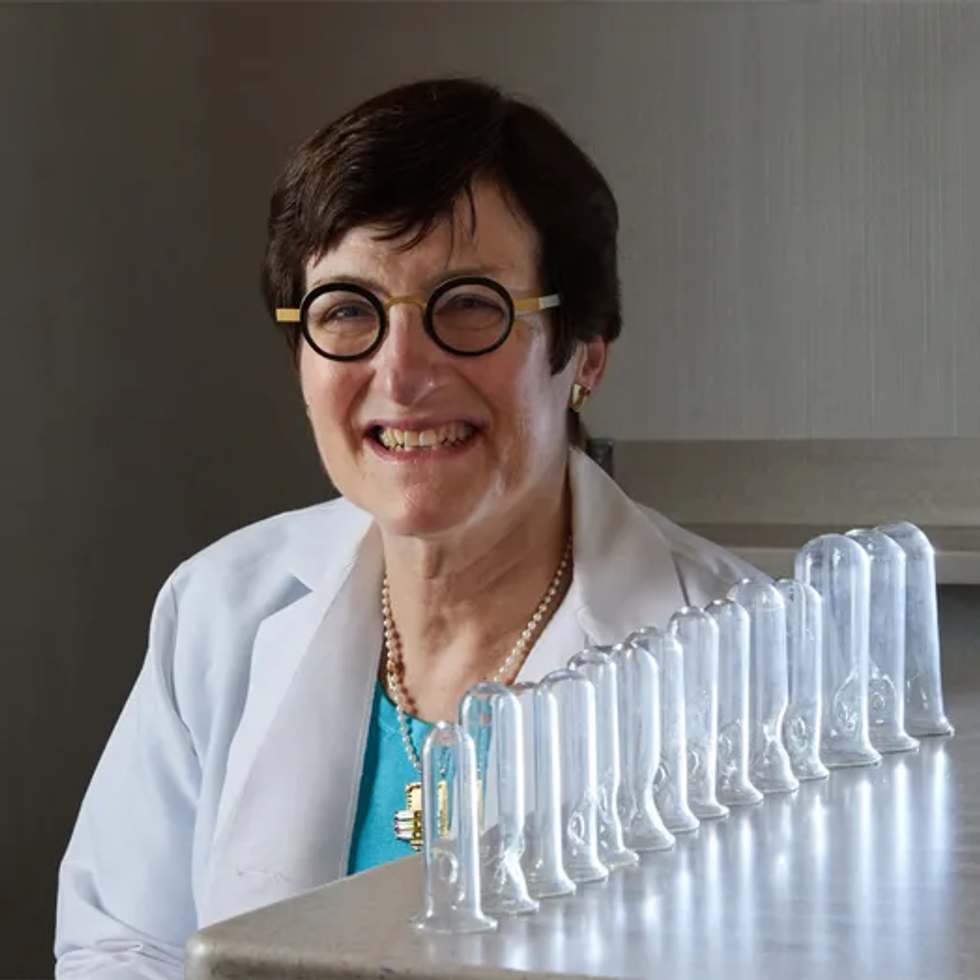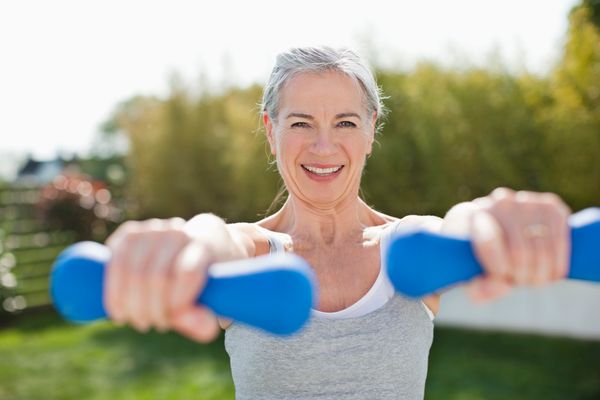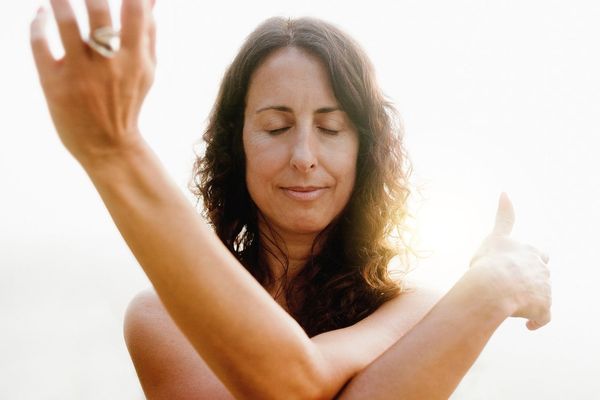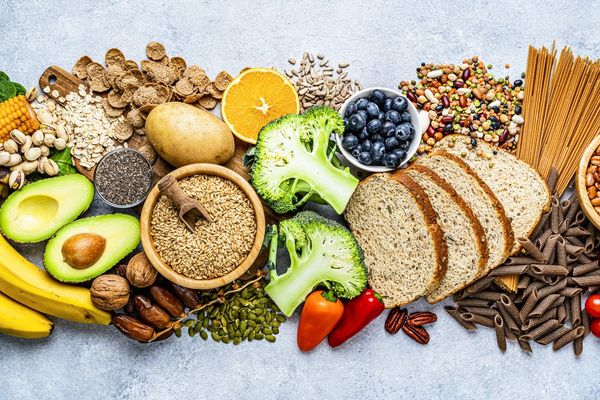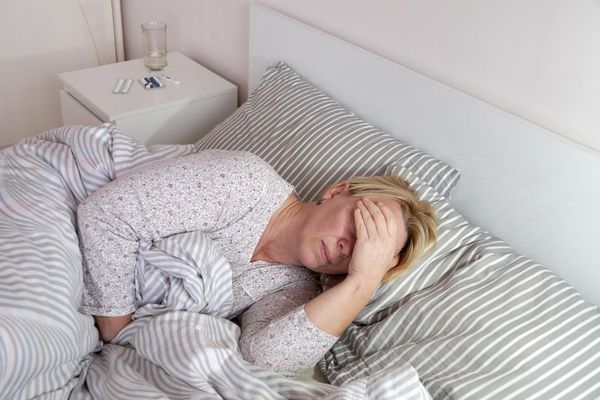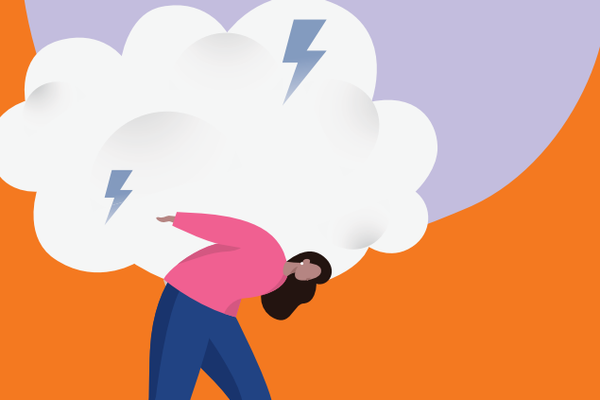There’s no shortage of midlife women in the United States. In fact, one in five women in America is between the ages of 35 and 64. But, even though there are so many of us in that age group, our health needs often go unmet.
HealthyWomen is ready to change that. We recently conducted a survey of more than 6,000 women in midlife and found that there’s a lot of work to do to support women so they can live their best lives during their midlife chapter.
Almost all of the middle-aged women we surveyed reported trying to stay healthy, whether through proper nutrition, sleep or physical activity, as well as staying up to date on their recommended vaccines.
But, despite that, almost half of them (42%) rated their overall health as just OK or worse.
Here’s a snapshot of what else we heard from the midlife women we surveyed from around the country:
- Nearly two-thirds (62%) reported at least one barrier to taking care of their overall health and prevention.
- Just a little over half (51%) said they’re fully up to date on all recommended health screenings, and one out of five had no preventive exams in 2021.
- The rising costs of deductibles and copayments are making it increasingly difficult for the average person to get the healthcare they need.
- The high cost of healthy foods is a barrier to staying or becoming healthy, especially with the recent rise in inflation.
- One in 10 said they feel like no one understands what they’re going through and their HCPs have minimized or dismissed their concerns in the past. A few went so far as to say they are afraid of, or do not trust, HCPs.
- Nearly one in four said they had difficulty identifying their health issues. Many women often feel their concerns are dismissed, minimized and even judged.
Women deserve better than just OK
Women so often put their own needs aside to take care of everyone else. We want them to know they deserve better. Middle age doesn’t have to be daunting. It can be a time of empowerment and confidence, a time when our health and well-being can be flourishing.
Women are constantly being hit with anti-aging tips and messaging, but we see growing older as a privilege.
Forget anti-aging. We’re pro-aging.
We’re ready to shift the conversation from anti-aging to pro-aging and to encourage midlife women to achieve optimal health as they get older.
Our report, Aging Smart. Aging Well. A National Action Plan, reveals what women are thinking, feeling and doing about their health — and we’re using what we found to give us all insight into how to break the stigma of aging and activate positive change.
We’ve also convened the Aging Smart, Aging Well Coalition to help us address key problems, including improving access to care and reducing barriers to early intervention, accessible resources, diagnosis and treatment. The coalition will formulate a multiyear road map that will elevate women’s midlife health.
And, then, hopefully we’ll all be on the way to being better than just OK.
Coalition members include:
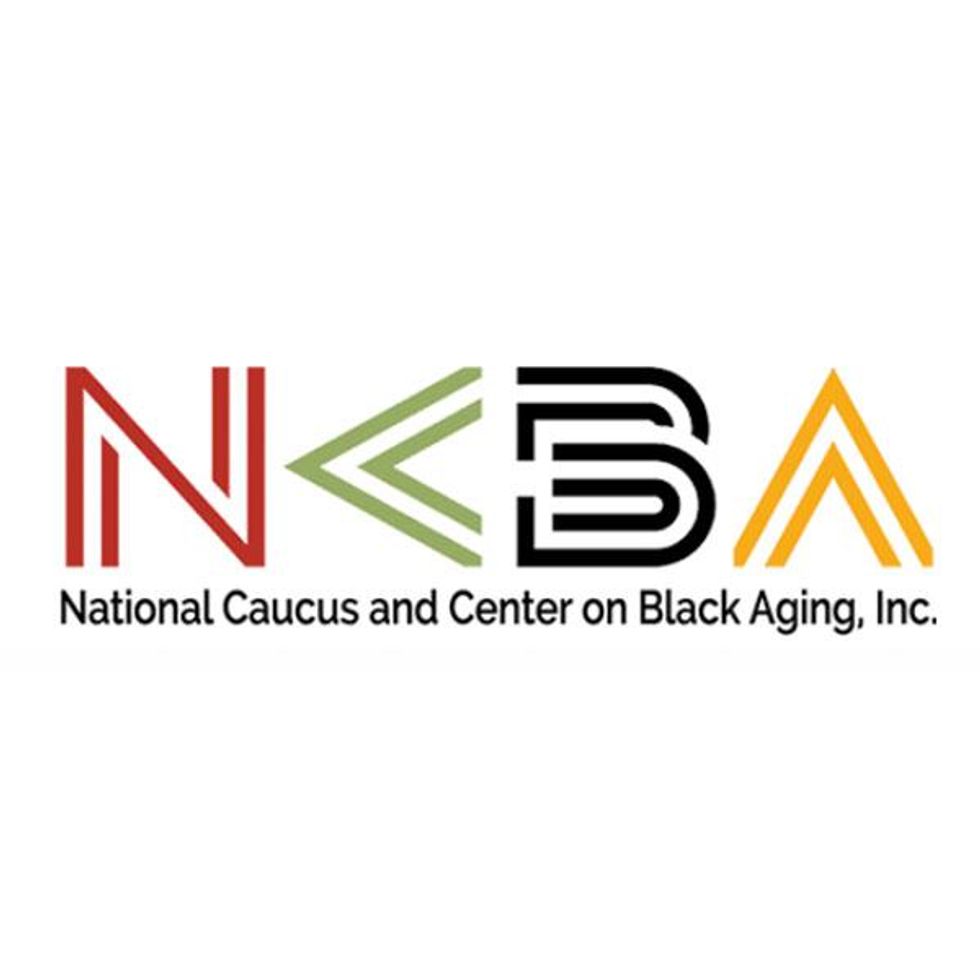
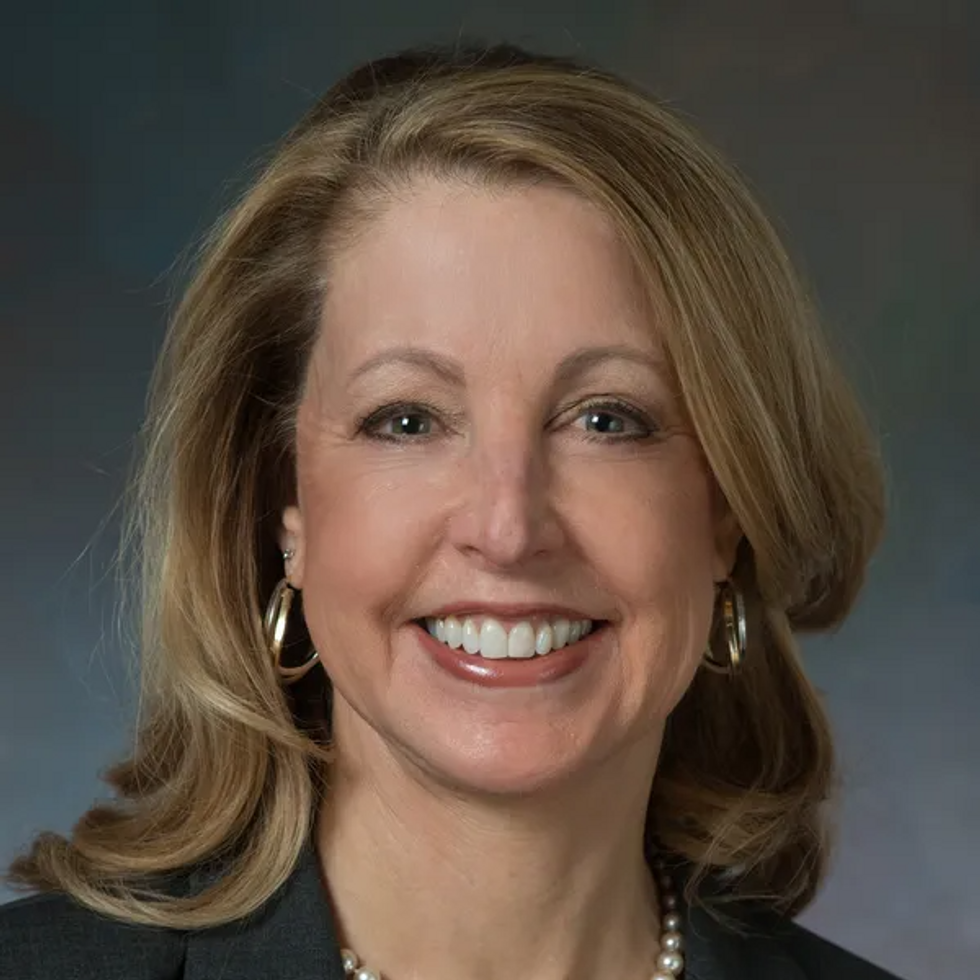
Dr. Barbara Levy
People Are Talking
December 20th: KSNV NBC Las Vegas
How to Get Your Doctor to Listen
Resources
- How the Stigma of Menopause and Aging Affect Women’s Experiences
- Women in the Middle
- Why Getting an Endometriosis Diagnosis Is Painfully Slow
- Women Deserve Care from Healthcare Providers Who Understand Menopause
This initiative was made possible with the generous support of Amgen; AstraZeneca; Daiichi Sankyo, Inc.; Bristol Myers Squibb; Exelixis, Inc.; Novocure, Inc.; and Vertex Pharmaceuticals, Inc.

